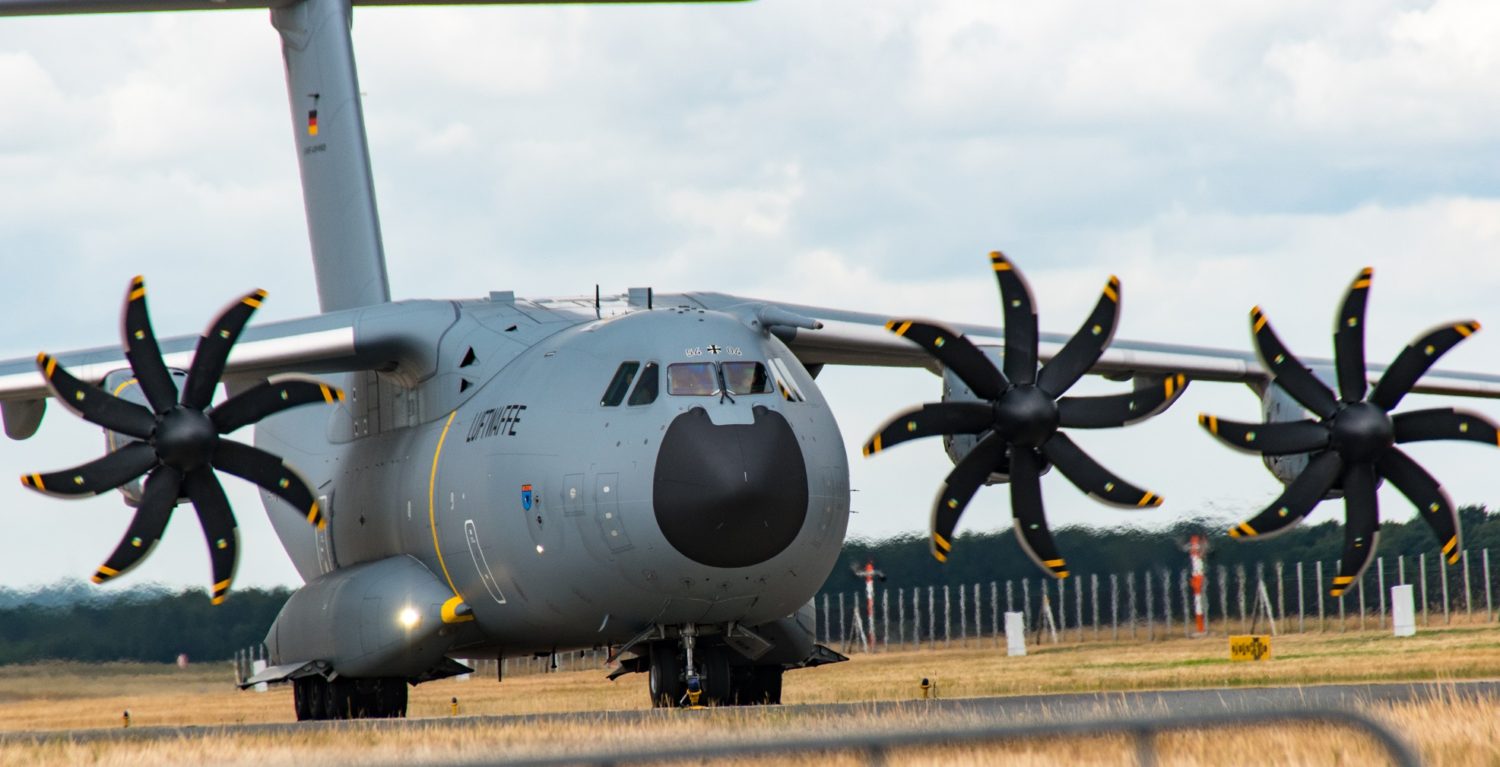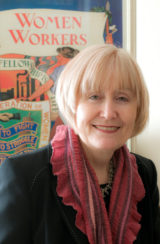Defence matters
Today marks the 70th anniversary of the North Atlantic Treaty Organisation (NATO). Madeleine Moon MP, president of the NATO parliamentary assembly, reflects on past achievements and present challenges.
Seventy years ago today, 12 nations across Western Europe and North America signed the treaty establishing the North Atlantic Treaty Organisation (NATO). After the horrors of two world wars, NATO exists to prevent a third by committing the allies to collective defence: an attack against one member is considered an attack against them all.
That profound commitment to mutual support was only possible because the allies were united not only by the common threat posed by the Soviet Union, but by their shared beliefs and values: individual freedom, the rule of law, and parliamentary democracy.
It is that sense of community which enabled the alliance to evolve and remain vital after the end of the Cold War and successive geostrategic ‘shifts’ since then: the Balkan Wars of the 1990s; the rise of international terrorism, vividly symbolised by the dreadful September 11 attacks on the United States in 2001; upheavals in the Middle East and North Africa; and most recently, Russia’s illegal annexation of Crimea in 2014 and its continued violations of international laws and norms.
NATO’s latest transformation means refocussing on collective defence, while at the same time, developing new ways to prevent and address instability in its neighbourhood. Thus, NATO is responding to Russia’s military build-up and belligerent rhetoric by reinforcing Poland and the Baltic states with some 4,000 troops – sufficient for deterrence while still being unambiguously defensive. Simultaneously, NATO has helped defeat Daesh in Iraq, remains present in Kosovo to maintain stability in the critical Western Balkans region, and is helping train local security forces in Iraq, Jordan, Tunisia and Afghanistan. It is also helping its members prepare for new or renewed threats and challenges such as cyberattacks, climate change, the proliferation of weapons of mass destruction and their means of delivery, to name but a few.
No single nation or organisation can address these complex challenges. Membership in NATO allows the United Kingdom to shape common responses, benefit from allied solidarity, anchor North America’s commitment to our security, and ensure that collectively we retain our technological and military edge over strategic competitors. With Brexit looming, our commitment inside NATO becomes even more important.
The United Kingdom has supported NATO’s ‘360-degree’ approach and is contributing to all dimensions of NATO’s action. In turn, we benefit from the support of our allies: after Russia’s shameful chemical attack in Salisbury, NATO countries and NATO itself expelled Russian intelligence officers posing as diplomats; similarly, all allies were engaged against the terrorists of Daesh, who have struck in our country and in many others.
Today’s multiple and multifaceted challenges have laid bare the extent of post-Cold War cuts in allied defence budgets, military personnel and capabilities. NATO’s members have agreed to halt the decline in defence spending, and raise it to 2 per cent of GDP, still well below Cold War levels. The United Kingdom is among those who have reached that goal, but we cannot afford to be complacent. We must encourage those falling short to fulfil this obligation to ensure that our armed forces can meet future challenges.
New poles of power are emerging. Non-military threats such as climate change, disinformation and attempts to undermine our elections and democratic institutions, are likely to pose a growing challenge. Increasingly, responses will require coordinated approaches which will depend upon the complementary capabilities of NATO and the European Union.
Those challenges will be met by new generations of politicians with no direct experience of the Cold War, and who – in common with many of our citizens – need to be persuaded that NATO and the transatlantic bond remain the bedrock of our security.
This 70th anniversary is an opportunity to reach out to them, and explain why defence matters and how NATO makes us all safer. The NATO parliamentary assembly, of which I have been a member since 2010, plays a key role in that. Its 266 members – representing the parliaments of the 29 alliance member countries – soon to be 30 as North Macedonia’s accession proceeds apace – provide an essential link between NATO and our citizens. As president of the assembly since November last year, one of my priorities is to reconnect NATO with our citizens.
This 70th anniversary should not be a complacent celebration of NATO’s past achievements. We must look ahead and anticipate how to prepare for future challenges. I want the NATO parliamentary assembly to spearhead these efforts; my UK colleagues and I will do our utmost to bring the United Kingdom’s voice into this indispensable alliance.
Photo credit: Günter Hentschel

